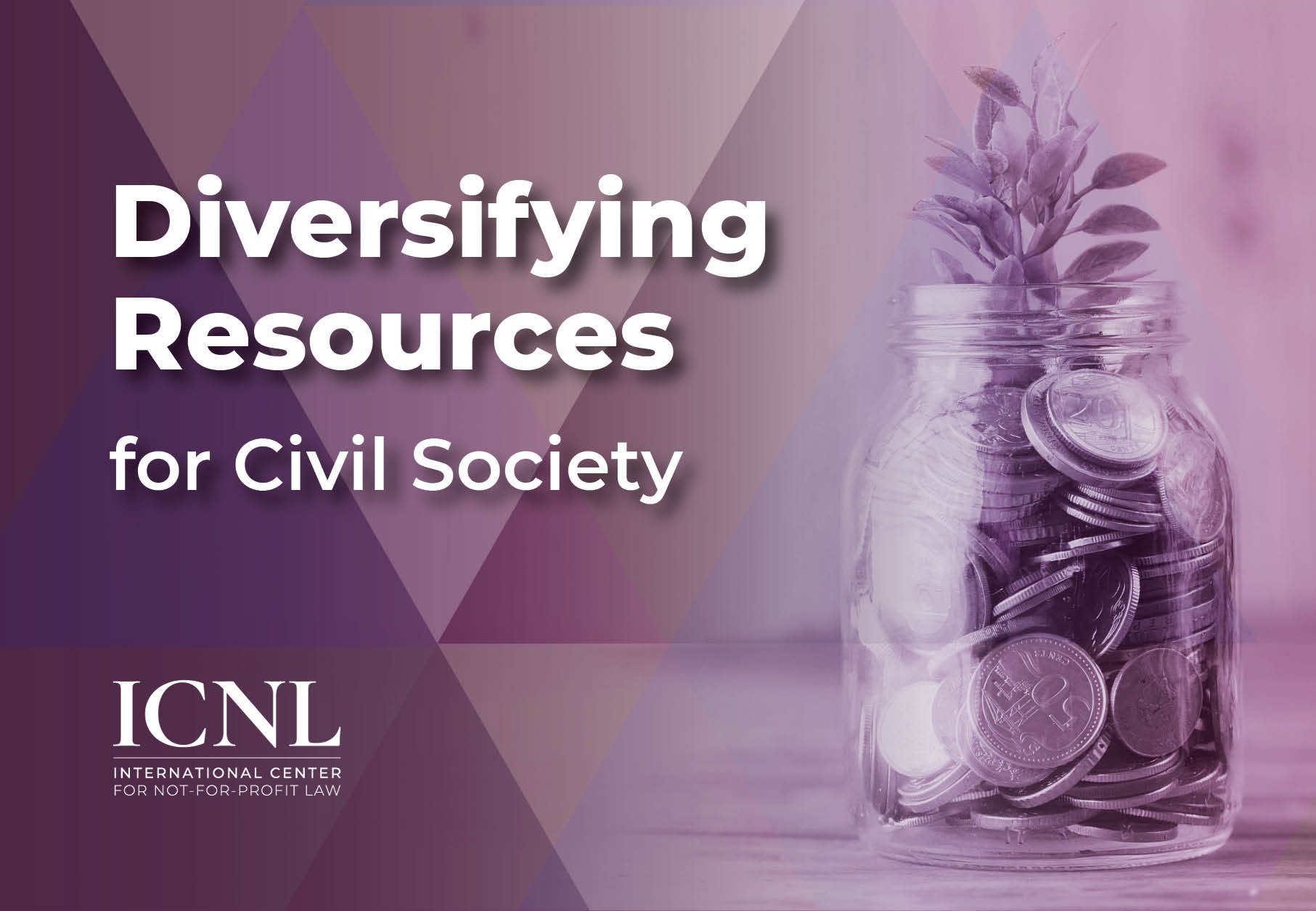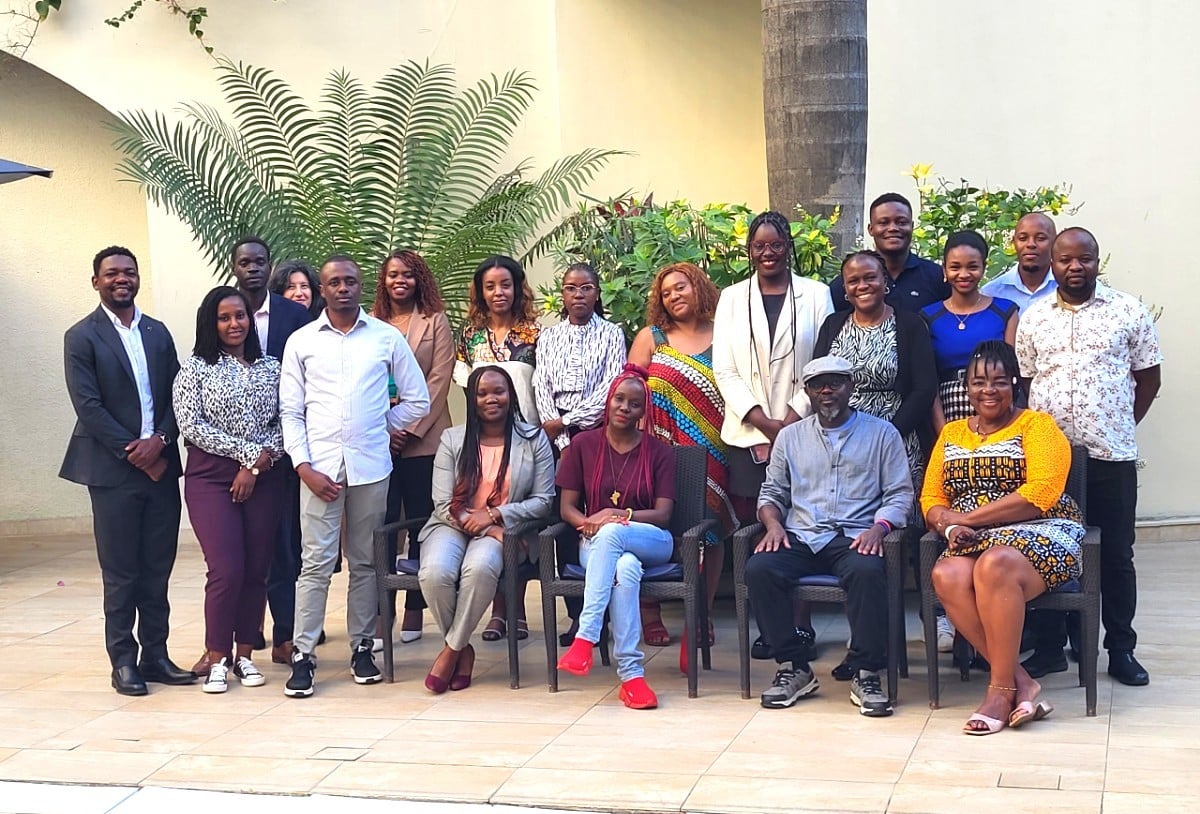
Regulation of Digital Surveillance and the Impact on Civil Society in Africa: Experiences from South Africa
Published: August 2025
Digital surveillance in South Africa is placing new pressures on civil society, human rights, and democracy. Despite having a strong legal framework, weak oversight leaves activists, journalists, and human rights defenders vulnerable to unlawful monitoring and online harassment. Surveillance practices including mass data collection, location tracking, and facial recognition undermine privacy, freedom of expression, and press freedom.
This report—the second in our digital surveillance series after Kenya—analyzes legal gaps, documents impacts on civil society, and offers recommendations to strengthen oversight and protect civic freedoms.
Key Findings:
LEGAL FRAMEWORKS
South Africa’s legal framework on surveillance, though well established in parts, is outdated for today’s rapidly evolving digital environment. The Constitution and laws such as the Regulation of Interception of Communications and Provision of Communication-related Information Act (RICA) and the Protection of Personal Information Act (POPIA) provide some safeguards. However, significant gaps remain in judicial oversight and protections against abuse.
SURVEILLANCE PRACTICES
The surveillance ecosystem involves both state and non-state actors, with the South African Police Service (SAPS) and the State Security Agency (SSA) at the forefront. Practices such as mass data collection, location tracking, and online monitoring often lack effective oversight. The growing use of facial recognition, drones, biometric databases, and AI-driven systems heightens the risk of abuse. At the same time, South Africa’s booming private security industry has normalized surveillance through widespread use of CCTV networks, license plate recognition, and data-sharing with state authorities, frequently without clear regulatory frameworks.
IMPACT ON CIVIL SOCIETY
Surveillance has a chilling effect on civil society actors, particularly human rights defenders, journalists, and activists. It undermines trust in democratic institutions, with some individuals even forced to relocate for safety. The use of surveillance technologies to monitor, intimidate, or suppress dissent raises serious concerns for the protection of democratic space and civic engagement.
IMPACT ON HUMAN RIGHTS
Intrusive surveillance undermines fundamental rights, including privacy, freedom of expression, association, assembly, and access to information. Journalists face heightened risks to their safety and their ability to protect sources, while the monitoring of online activity and physical movements facilitates suppression of dissent.
GOOD PRACTICES AND ACTIONABLE RECOMMENDATIONS
This report outlines concrete steps to strengthen oversight, improve transparency, and align South Africa’s surveillance framework with constitutional and global human rights standards. It calls for the creation of an independent oversight mechanisms to hold intelligence and law enforcement agencies accountable. The report also makes recommendations for the private sector, particularly telecommunications and internet service providers, whose cooperation is vital for reform. Ultimately, a balanced approach is needed: one that safeguards privacy and civic freedoms while addressing legitimate concerns around national security and crime prevention.
Download the full report to explore detailed analysis and actionable steps for reform.
Related Articles
Sign up for our newsletters
Sign up


